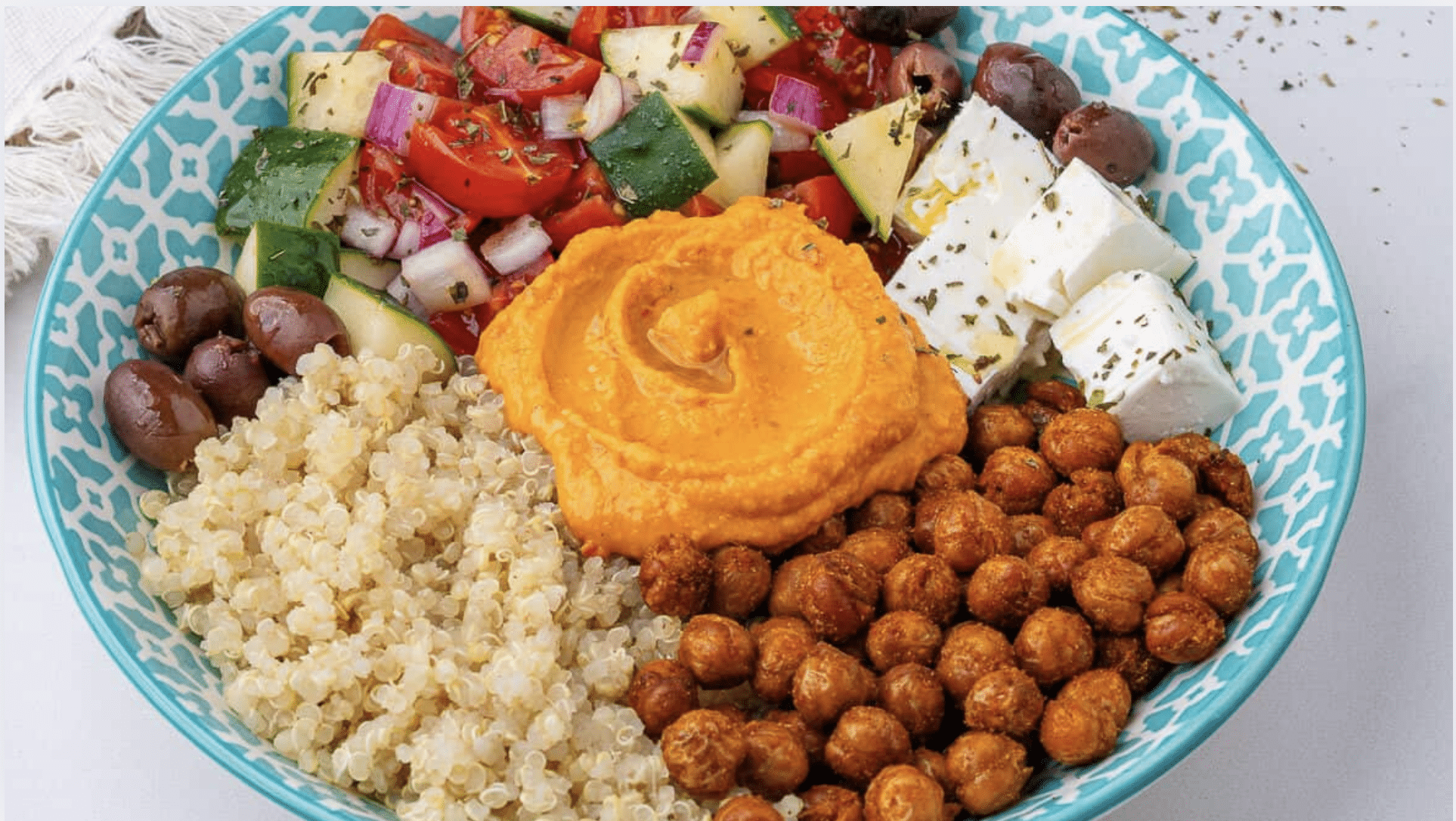I’ve always thought there’s something comforting about sitting down with a warm croissant. The buttery layers, the soft inside, and the golden crust make it a treat that’s hard to resist. Maybe you’ve wondered the same thing I have: are croissants healthy, or are they just another guilty pleasure?
The truth isn’t black and white. Like many foods, croissants can fit into your diet when you know what they bring to the table.
In this blog, I’ll walk you through their nutrition, the benefits and downsides, and how they compare to other breakfast choices. By the end, you’ll know how to enjoy your croissant in a way that makes sense for your health goals.
Are Croissants Healthy?
Croissants are made from flour, butter, sugar, yeast, milk, and eggs. This mix produces the soft, flaky layers that make them so appealing.
However, they are high in calories, fat, and refined carbohydrates. On their own, croissants aren’t considered nutrient-dense foods, but eaten occasionally, they can fit into a balanced lifestyle.
Nutritional Value of Croissants
Croissants may taste light and airy, but their nutrition tells a different story. Here’s a quick look at what a medium butter croissant usually contains:
| Nutrient | Amount per Medium Croissant (approx.) | Key Note |
|---|---|---|
| Calories | 230–300 kcal | High energy, adds up quickly |
| Carbohydrates | ~26 g | Quick energy, low in fiber |
| Protein | ~4.7–5 g | Low protein source |
| Fat | ~12 g | Main calorie contributor |
| Saturated Fat | ~6.6–8 g | Can raise LDL cholesterol |
| B Vitamins | Trace amounts (Thiamin ~0.22 mg, Riboflavin ~0.14 mg, Niacin ~1.25 mg, Folate ~50 mcg) | Helpful but minimal amounts |
| Iron | ~1.1 mg | Supports blood health, very low |
| Selenium | ~13 mcg | Aids thyroid function, very low |
This snapshot makes it clear: croissants are tasty but not nutrient-rich. To make them part of a balanced diet, it helps to enjoy them with protein or fiber-rich foods.
Health Benefits of Croissants (When Eaten Occasionally)
While croissants aren’t packed with nutrients, enjoying them once in a while can still have some positives. When eaten in moderation and paired wisely, they can fit into your diet in a way that feels satisfying without going overboard.
- Quick Energy: Their carb content can provide an instant energy boost.
- Portion Control: Most people stop at one croissant, unlike snack foods that invite overeating.
- Pairing Potential: Adding fruit, nut butter, or lean protein makes them more balanced.
- Quality Ingredients: Artisanal croissants made with simple, natural ingredients are a healthier choice than packaged ones filled with additives.
Health Risks and Concerns
Croissants aren’t without downsides. Here are the main health concerns to keep in mind:
| Concern | Why It Matters |
|---|---|
| Saturated Fat | Can raise LDL cholesterol levels |
| High Calories | May lead to weight gain if overconsumed |
| Low Fiber | Doesn’t support digestive or heart health |
| Limited Nutrients | Lacks vitamins, minerals, and protein |
These risks don’t mean you need to avoid croissants entirely. It simply means they’re best enjoyed in moderation, alongside more nutrient-dense foods.
Are Croissants Good for Weight Loss?
Croissants can fit into a weight-loss plan, but portion size makes all the difference. One croissant can range from 200 to 500 calories, so having them too often may add up quickly.
Still, enjoying a single croissant in moderation won’t derail your progress, especially if you pair it with protein or fruit for better balance.
They’re also more satisfying than many processed snacks, meaning a croissant may actually leave you fuller than chips or cookies. The key is treating them as an occasional indulgence, not a daily habit.
Are Croissants Healthier than Bread?
When it comes to nutrition, bread usually wins over croissants. Most breads are lower in calories and fat, and whole-grain varieties are also higher in fiber and essential nutrients, which help with satiety and heart health.
By contrast, croissants are richer, butter-heavy, and more indulgent, making them enjoyable but not the best everyday option. The bottom line: bread is generally the smarter daily choice, while croissants are best kept as an occasional treat.
How to Enjoy Croissants Without Guilt

Croissants can be part of a balanced lifestyle when you enjoy them mindfully. Here are a few ways to savor them without feeling guilty:
- Pair with nutrient-rich foods: A croissant on its own doesn’t offer much in terms of vitamins, minerals, or protein. By adding fresh fruit, eggs, Greek yogurt, or even a handful of nuts, you can round out your meal. This helps stabilize your blood sugar and keeps you full longer.
- Watch your portion size: Croissants range from 200 to 500 calories, depending on size and filling. Choosing a smaller option or cutting one in half can help you satisfy the craving without taking in too many calories at once. This small adjustment makes a big difference over time.
- Choose quality over quantity: Artisan or homemade croissants are often made with just flour, butter, yeast, and milk. Packaged versions can include preservatives, fillers, or hydrogenated oils that don’t add value. Opting for a high-quality croissant means you’re getting better taste and avoiding unnecessary additives.
- Make it an occasional treat: Croissants aren’t meant to replace your daily breakfast. If you save them for weekends, brunches, or special mornings, they feel more indulgent and memorable. Eating them less often also reduces the impact on cholesterol, weight, and overall nutrition.
By following these steps, you can still enjoy the flaky, buttery goodness of croissants without guilt. It’s all about balance, moderation, and making choices that leave you satisfied and nourished.
Healthier Alternatives to Croissants
Whole-grain toast with toppings: A slice of whole-grain bread provides fiber that supports digestion and helps you stay full. Adding avocado gives you healthy fats, while nut butter offers protein and a satisfying flavor.
Oatmeal: A bowl of oats delivers complex carbohydrates that release energy slowly, helping to avoid blood sugar spikes. You can add fruit, nuts, or seeds for extra nutrients and variety.
Sourdough bread: Made through a natural fermentation process, sourdough is easier to digest for many people. It’s typically lower in fat than a croissant and can be paired with eggs or cheese for a balanced meal.
Fruit with yogurt: This combination offers natural sweetness, protein, probiotics, and vitamins. It’s lighter than a croissant but still filling enough to keep hunger away until your next meal.
These swaps still give you a comforting and satisfying breakfast, but with fewer empty calories and less saturated fat.
Final Thoughts
So, are croissants healthy? For me I think they can be, as long as you’re mindful about how often you have them and what you pair them with. I enjoy them as a treat, not an everyday breakfast, and you can do the same without feeling guilty.
I’ve walked you through the nutrition side, the good and the not-so-good, and a few ways you can enjoy them while keeping balance in mind. At the end of the day, it’s about making choices that work for you and your health goals.
If you found this helpful, I’d love for you to check out more of my posts for ideas and tips you can use in your daily routine!








